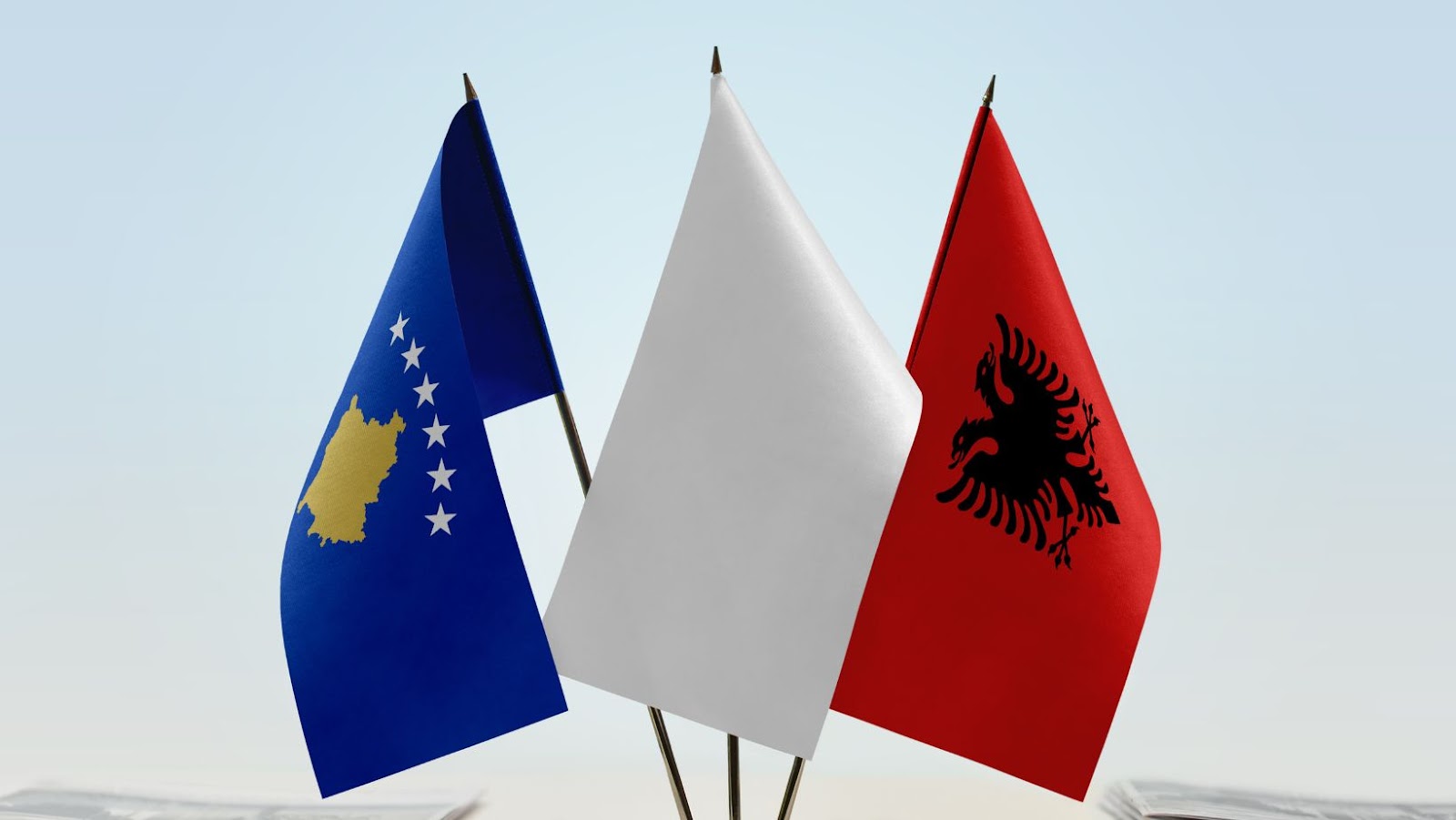Albania and Kosovo
Albania and Kosovo are two countries located in the Balkan region of Europe. These neighbouring nations share a complex history, intertwined cultural heritage, and close geographical proximity. Let’s explore the fascinating connection between Albania and Kosovo.
Albania, known for its stunning landscapes and rich historical sites, is a country that boasts a vibrant culture and warm hospitality. It is bordered by several countries including Kosovo to the northeast. With a shared linguistic heritage and centuries of historical ties, Albania has played an important role in shaping the identity of Kosovo.
Kosovo, on the other hand, holds its own unique story as a partially recognized independent state. While it declared independence from Serbia in 2008, Kosovo’s status remains disputed by some nations. The majority population in Kosovo is ethnically Albanian, which further strengthens the bond between these two nations.
The relationship between Albania and Kosovo goes beyond mere geographical proximity; it encompasses deep cultural connections, language similarities, and shared traditions. This bond has been evident throughout history during times of struggle as well as periods of growth and cooperation.
In this article, we’ll delve into the intertwined history of Albania and Kosovo, exploring their commonalities while also acknowledging their distinct identities. Join me as we uncover the rich tapestry that connects these two remarkable countries – Albania and Kosovo.
The History of Albania and Kosovo
Albania and Kosovo have a rich and complex history that has shaped their present-day identities. Let’s delve into the historical journey of these two regions.
Ancient Origins
The roots of both Albania and Kosovo can be traced back to ancient times. Archaeological evidence suggests that human settlement in the region dates back several thousand years. The Illyrians, an ancient Indo-European people, inhabited these lands and established thriving civilizations.
Ottoman Rule
In the late 14th century, the Ottoman Empire expanded its territories into the Balkans, including present-day Albania and Kosovo. For centuries, these regions were under Ottoman rule, which had a profound impact on their culture, religion, and governance.
National Awakening
During the 19th century, a period known as the National Awakening emerged throughout Europe. Albanians began to assert their national identity and aspirations for self-determination. This movement paved the way for Albanian nationalism to flourish in both Albania and Kosovo.
Independence Movements
In 1912, Albania declared its independence from the Ottoman Empire after years of struggle. However, it wasn’t until after World War I that international recognition was granted to this newly formed nation-state.
Kosovo’s path towards independence took a different course due to geopolitical complexities. In the aftermath of Yugoslavia’s disintegration in the 1990s – marked by ethnic tensions – Kosovo sought independence from Serbia. After a period of conflict, international intervention led to UN administration in Kosovo until its declaration of independence in 2008.
Contemporary Challenges
Both Albania and Kosovo have faced challenges on their road to development and stability. Economic growth, political reforms, EU integration aspirations, and addressing social issues are among their ongoing priorities.
It is important to note that while Albania is an independent country recognized by most nations worldwide, recognition for Kosovo remains disputed among certain countries due to political considerations related to Serbia.
In conclusion, the history of Albania and Kosovo is a tapestry woven with ancient civilizations, Ottoman influences, national awakenings, and struggles for independence. Understanding this historical context helps shape our understanding of these regions today and their aspirations for the future.
